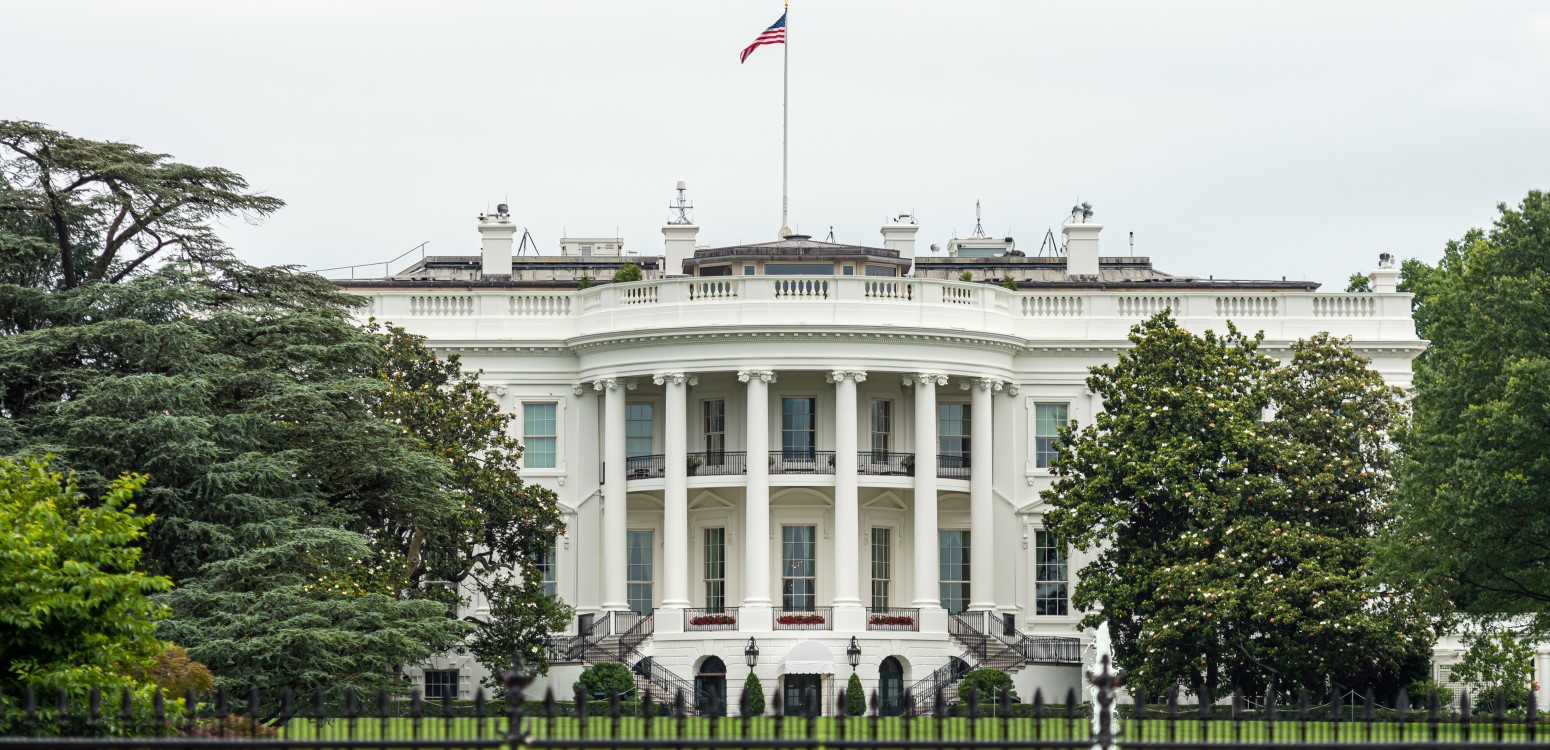How do Harris and Trump view education issues?

Date Posted: 9/11/2024 | Author: David Pore, Hance Scarborough LLP
With last month’s formal nomination of Vice President Kamala Harris at the Democratic National Convention in Chicago and former President Donald Trump’s July nomination by Republicans in Milwaukee, the 2024 presidential race has entered the sprint phase, with fewer than 55 days until the election. Both campaigns have been light on policy details thus far. However, given that one candidate is a former president and the other the sitting vice president, we have the track records of those administrations and the education policy proposals put out by the campaigns to consider as we analyze how each candidate sees the role of the federal government in education and what they might do on the issue if elected in November.
I only go back to the Nixon administration, but never before in my lifetime, and arguably in the country’s history, have two presidential candidates held more differing views on the subject of education.
On virtually every education policy issue, from funding for the Department of Education (DOE) and Title I, to vouchers, special ed funding, curriculum, teacher training, teacher pay and tenure, Title IX, pre-K funding, and student loan forgiveness, former President Trump and Vice President Harris have worked toward enacting opposing positions. Harris wants to double funding for the federal Title I program that provides money for districts and schools serving high numbers of low income kids; Trump wants to drastically reduce and block grant those funds to states, allowing them to be spent outside Title I schools, before phasing out the program all together over a decade. (Block grants are a means of funding that allows the receiving entity—e.g., the State of Texas—considerable discretion in how the federal dollars are used.) Although Trump has verbally distanced himself from the Project 2025 plan, the document was written by his former staffers as a blueprint for his possible return to the White House and includes plans for eliminating the DOE, as well as block granting special education funding and making it available for private school vouchers. Harris opposes using federal funds for private school vouchers and favors tighter restrictions on money going to charter schools.
Although K-12 curriculum is more of a state issue, the two campaigns also disagree strongly on what it should look like in America. Former President Trump’s proposals have focused on expanding “parental rights” in education; the dismantling of the so-called “woke agenda” of diversity, equity, and inclusion (DEI) initiatives; and promoting patriotism and prayer in schools. Trumps’s team has also proposed allowing the parents of public school students to elect school principals rather than school principals being hired by school districts, as well as for schools to promote the nuclear family and the traditional roles of mothers and fathers. Vice President Harris has spoken out against schools banning books and against states mandating that curriculum present topics such as slavery in a more revisionist manner.
The Biden-Harris administration signed into law billions of dollars through the American Rescue Plan for districts to hire more teachers, counselors, and school staff. The administration has also used executive orders (some of which are under legal challenge) to expand the Public Service Student Loan Forgiveness Program and other DOE loan forgiveness programs that have resulted in loan forgiveness for millions of Americans, including nearly one million teachers and other public servants. Biden and Harris proposed legislation that would have provided universal pre-K for 3- and 4-year-old children and two years of free community college for all Americans. By contrast, during his first term, former President Trump proposed eliminating the Public Service Loan Forgiveness program and making deep cuts to the Pell Grant program for college students. His administration also proposed ending teacher tenure in states that provide it and developing a credentialing body for teachers who “embrace patriotic values and support the American way of life.” While the Biden-Harris administration issued regulations expanding Title IX laws on gender discrimination to protect students from discrimination based on sexual orientation or gender identity, Trump has vowed to reverse those regulations if re-elected.
The two campaigns have very different visions for the future of public education in America and the role of the federal government in achieving those visions, but nearly all of these education policy proposals would require congressional action to become law. The good or bad news, depending on your perspective and who wins in November, is that very tight margins in both chambers of Congress and the filibuster rule in the Senate requiring 60 votes for most bills to pass mean that drastic changes to federal education policy are unlikely for at least the next two years during the 119th Congress.
As of this writing, the presidential race is too close to call, and there are many reasons why voters, including public educators, will choose the candidate they ultimately vote for on Election Day. But for voters who care about public education and vote on that issue, the difference in the policy positions of the two candidates couldn’t be clearer.

CONVERSATION
RECOMMENDED FOR YOU

02/27/2026
Teach the Vote’s Week in Review: Feb. 27, 2026
SBOE approves 4,200 edits and corrections to Bluebonnet Learning instructional materials. Plus: Election Day is Tuesday, March 3.

02/27/2026
SBOE special-called meeting highlights philosophical divides
The Texas State Board of Education met for a full day on February 25th in a special-called meeting.

02/24/2026
Get out and early vote this week for important statewide offices
It’s time to Teach the Vote in the races for Texas governor, lieutenant governor, attorney general, and comptroller.

